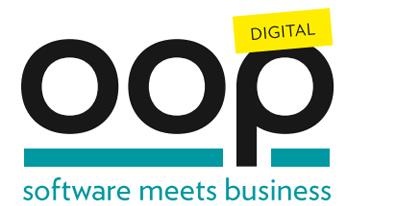
Conference Program
Please note:
On this site, there is only displayed the English speaking sessions of the OOP 2022 Digital. You can find all conference sessions, including the German speaking ones, here.
The times given in the conference program of OOP 2022 Digital correspond to Central European Time (CET).
By clicking on "EVENT MERKEN" within the lecture descriptions you can arrange your own schedule. You can view your schedule at any time using the icon in the upper right corner.
KEYNOTE: Side-Effects Are The Complexity Iceberg
Many of us have a rough idea of what side-effects are and a vague sense that they're bad. It's a shame we're not more precise about it, because when you really understand side-effects you have an excellent new lens through which you can judge individual blocks of code, larger architectural patterns, and even whole system designs. So let's start by clarifying our understanding of what side-effects are and how to spot them. We'll see how easily they arise, leaving code that's harder to understand, harder to test and harder to decouple. Then we'll look at tools and techniques for eliminating those side-effects where it's possible and managing them where it isn't. Finally we'll zoom out to see how those ideas get expressed in every field of computing, yielding fundamentally different approaches to programming language design, DevOps, system architecture, and database design. There's an iceberg of complexity hiding in your systems' side-effects and by the end of this talk you'll be able to spot it and start tackling it, rethinking the way we deal with data and the systems around it."
Kris Jenkins is a Developer Advocate for Confluent, a veteran startup contractor, and former CTO & Co-Founder of a gold trading business. He started his career working for a finance company whose success depended on having a better data model than all their competitors, and the search for better architecture has been with him ever since.

